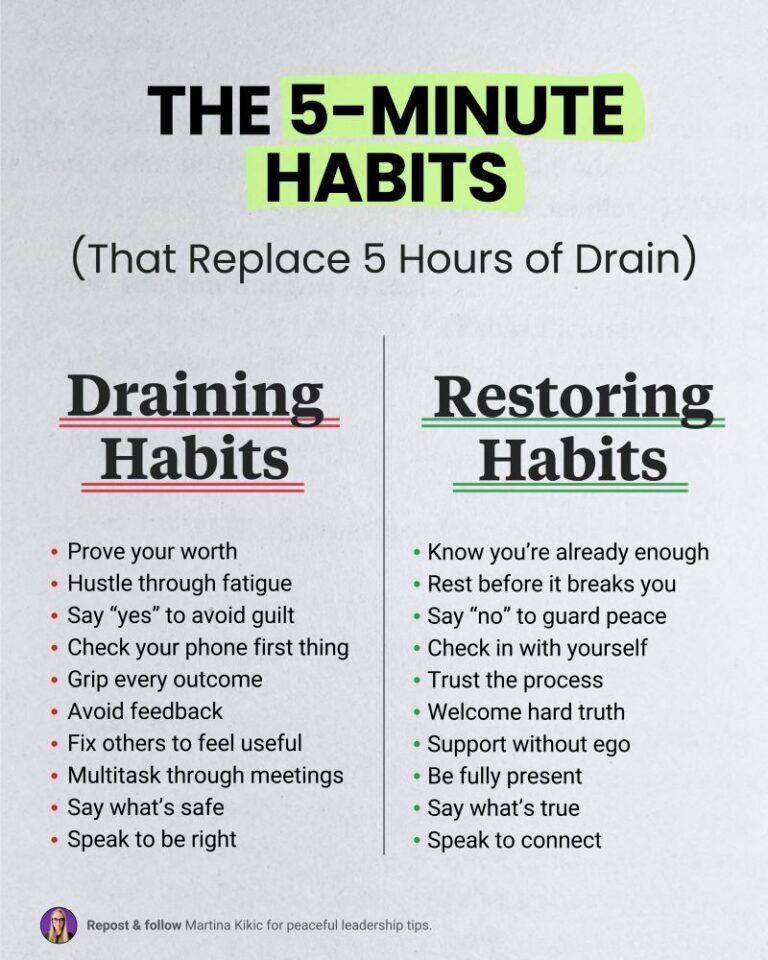
Dr. Özge Atay, a member of the Turkish National Allergy and Clinical Immunology Association, warned that with the explanation of the importance of the intestines in our immune system, many chronic diseases are associated with harmful chemical substances entering through small cracks in the intestines, turning eyes to dishwasher detergents.
Referring to the research conducted by Turkish Scientist Prof. Dr. Cezmi Akdiş and his colleagues in Switzerland, who made a great breakthrough in the scientific world with the epithelial barrier hypothesis, Atay said that the effects of chemical substances found in dishwasher detergents on our immune system were examined. Stating that they showed that if the alcohol ethoxylates found in polishes reach the intestines without being rinsed sufficiently, it will cause significant problems in the immune system, Atay said, “They revealed that if detergent and polish residues are not completely removed after drying, they can remain on the surface of the dishes and these can lead to inflammatory bowel diseases such as colitis ulcerosa, metabolic syndrome, obesity, allergic diseases and even cancer development in humans, and most importantly, they can harm the ecosystem. It has also been reported that detergent or polish residues cause different system diseases by damaging the epithelial cells, which act as protective barriers and prevent viruses and bacteria from entering the body.”
Özge Atay, who explained that the harmful effects of dishwashing detergents were evaluated under laboratory conditions, said that as a result of the study, the guilty component that disrupts barrier integrity is alcohol ethoxylates and that this substance is a non-ionic surfactant widely used in detergents and especially polishes. However, Atay, who stated that other components such as citric acid and sodium cumenesulfonate do not affect the barrier integrity of epithelial cells, said that if the allowed rate for alcohol ethoxylate is different, this substance causes many gene and protein damage, especially affecting the digestive system.
Underlining that it is important for the chemicals in rinse aids and detergents to be regulated in a way that is suitable for human health and to be inspected by authorized institutions, Atay concluded his words by saying, “Especially in individual use, it would be beneficial to minimize possible detergent and rinse aid residues with additional rinsing, to use the machines in accordance with the user manual, to clean the machines at regular intervals to remove detergent residues, and to prefer natural products.”







